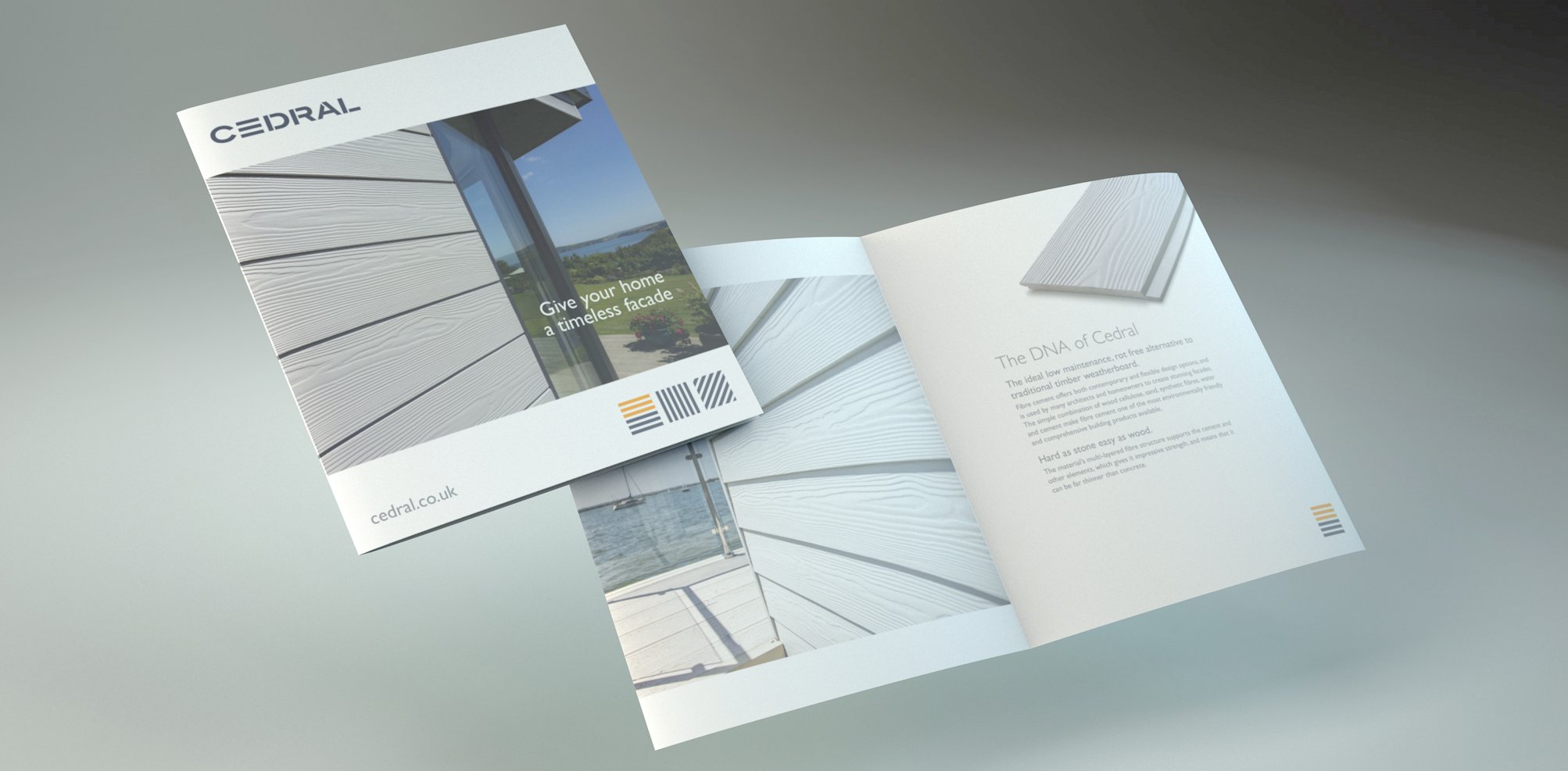Roof renovation requires some careful consideration how to go about it. Therefore, the first step is to assess the condition of your current roof properly. Is your roof leaks, you need to take urgent action to avoid damage. But also assess if a new roof with insulation is worth the investment to make your home more energy efficient.

First things first: do you need to renovate your roof?
Start with a closer look from the outside. Visually identify damage to your roof. No need to climb on the roof, but take a quality picture with your smartphone and zoom in. That is an easy way to identify cracks, holes and missing or aged shingles. Also, have a look for moist spots on your walls under the eaves.
On the inside, you will usually notice damage to the roof due to water infiltration. If you have an attic, check for wet spots on the floor of your attic. Often, the areas prone to infiltrations are the connecting parts of your roof, so also check for moist spots around your chimney, roof windows, eaves and gutters. Last but not least, check if any water damage is caused by blocked gutters or drainpipes e.g. by Autumn leaves. Or sediment, plants or lichen on your roof can also cause the water to infiltrate your roof, rather than flowing down the slopes of your roof. In that case, cleaning would be recommended.

Other considerations for renovating your roof
An important consideration is energy efficiency. Up to 25% of heat loss in badly insulated houses goes through the roof, so insulating your roof can make a big difference on your energy bill. An energy audit will show you the potential annual gain.
Protection and prevention is another element to think about. If your roof is getting old, you might want to renovate it before you start having leaks. This could be the ideal moment to upgrade your roof to the latest standards i.e. regarding fire-safety, storm resistance, insulation etc.
And of course, aesthetics are part of the equation. You probably want your home to look good too. With a cleverly designed roof renovation, you can give your house a fresh look and feel.

Plan your roof renovation step-by-step
Ask yourself the following questions. And if you don’t have the answer, you can always get an expert’s advice on the different options for your home.
- What type of roof renovation do you need?Replacing the whole roof or only damaged parts? Only the outer roofing material or also the roof structure? Change the roof covering (e.g. from natural slates to fibre-cement slates)?
- What type of insulation do you want to add?What material do you want to insulate with (boards, glass wool, rock wool, natural alternatives…)? How do you insulate best (between-rafter, above-rafter or under-rafter insulation)?
- Do you need planning permission or expert advice?This will depend on your local planning regulations. Always check with the building authorities what is allowed and what requires permission or working with an architect/certified building company.

How much does a roof renovation cost?
Once you know what you want, you can ask several installers for quotes. Be precise in what you ask, so that you can compare prices easily. You can find an overview of skilled roofers that Cedral works with here. When choosing a roofer, make sure he has in depth knowledge of the roofing materials you choose and experience with the climate and building regulations in your region.
The budget of a roof renovation will largely depend on the scope of the works and the materials used. Sometimes, time pressure also raises the price, so plan ahead if possible. If you need a roof renovation because of damage (e.g. storm), check with your home insurance company if this is covered in your contract. For energy-efficient investments, check with your building authority if there are grants or tax cuts in the fight against climate change.
Read our blog article ‘How much does a roof renovation cost?’.

A few last steps after your renovation
The level of durability of your new roof is important. Therefore, fill in an acceptance report of at the end of the works. Make sure it has the following information: any defects, the place and date, the individuals involved and their signatures to make sure you are covered legally.
Many roofing manufacturers also give you a standard warranty certificate. This usually covers you in case the material breaks or is damaged by corrosion, or when the roofing starts peeling or decolours. Depending on the roofer you work with, they can also give you a warranty on the installation.
